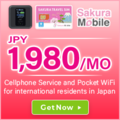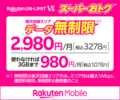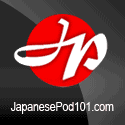How to Sort and Dispose Garbage In JapanIn Japan, improper garbage disposal ranks among the top reasons for frictions between neighbors. This is because the neighborhood bears the responsibility for the proper separation and collection of waste. So, to avoid any trouble in the community it is important to follow local rules for trash collection. When throwing away household garbage, you first have to check what type of trash is picked up on that day. Pay special attention to the collection days so that you don’t end up missing it and have to keep your trash in your house or balcony for another few days, a week or more. Also take note that trash generally is not collected on national holidays. Usually above where the garbage is collected there is a guide showing which days what type of trash is collected. The waste collectors come to take the trash away early in the morning, so you must bag it up and place it in the designated pickup area in the morning before they come, or the night before, normally after 9pm. The rope, semi-transparent bags and small boxes that you might need for disposing the different types of garbage are sold in supermarkets and for slightly cheaper prices in 100 yen shops. City halls have garbage sorting rules available to view on their websites. On Yokohama City website for example you can view the leaflet and download it in several languages. Types Of GarbageCombustible - Burnable trash (燃えるごみ - moeru gomi), which normally is collected on two days a week, includes Kitchen garbage (wastepaper, kitchen roll, food waste, diapers, etc.) wood, plastic bags, wrappers, tubes and other plastic containers (shampoo, toothpaste, cooking oil, etc.). Bottle labels and bottle caps will go with the regular waste; however, the bottles themselves should be separated into a different bag and usually will be collected on different days. Incombustible - Non-burnable trash (燃えないごみ - moenai gomi), usually is collected once a month and includes makeup and medicine containers, fluorescent lights, light bulbs, Glass, chinaware (teacups, plates, flower vases, etc.). They should be placed in a box or wrapped in newspaper and labeled properly for disposal.
Find one in your neighborhood and sign up for the store’s point card scheme. Normally, outside the entrance of such supermarket you will find recycling machines. For each PET bottle you put into the machine, you’ll get one store point, which later can be redeemed when you shop in the store. This process is done for paper and cardboard which the store points you receive are measured and allocated differently. This prevents waste, and also over time you will notice a little savings in your point card.
The procedure is more or less the same throughout Japan. In Yokohama you can do this by calling the Oversized Garbage Reception Center, or apply on Internet. If you are applying online click the link on their website "orange button" and follow the steps.
Some of home appliances such as TV sets, air-conditioners, washing machines/clothes dryers, and refrigerators/freezers are not picked up as oversize trash. For those items you should do one of the followings:
Besides the public sodai-gomi option, there are other choices. One is the private trash collectors that are occasionally seen driving around in residential areas on small trucks. They might pick it up for free or even pay you for your item if it still is in good condition. Another option is the second hand shops. Same as the collectors on small trucks they might buy it from you; of course they might not pay you anything or charge you for disposing it. Travelers And Waste Disposal In Public PlacesTravelers walking around the cities in Japan might feel absolutely confused about where to throw trash? The number of public garbage cans in Japan is very small, and people are often asked to bring their trash home for disposal, even when you don’t live here.
You may ask what the locals do! While walking the streets, the best you are likely to find are vending machines which have an attached container for PET bottles, bins and cans. Places where public garbage cans can be found include train stations and convenience stores, where there are cans for different types of trash. Keep in mind that not all train stations have trash bins, and the ones in convenience stores are for customer use. So, it is best to be ready to carry your garbage a little longer till you get back to home, or to the hotel you stay if you are a traveler.
2 Comments
James Ellerbee
5/22/2023 06:02:43
Hi good day, please, I have a question: How is the Incombustible - Non-burnable trash (燃えないごみ - moenai gomi) disposed? is it recycled or goes to the land fill? Thanks in advance.
Reply
Halal In Japan
5/22/2023 12:29:37
To learn about Waste management in Japan follow the link below:
Reply
Leave a Reply. |
Halal In Japan
|
|

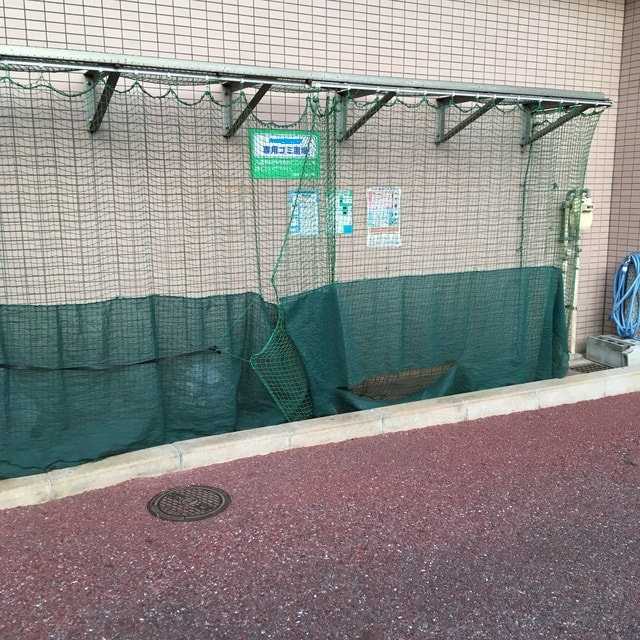
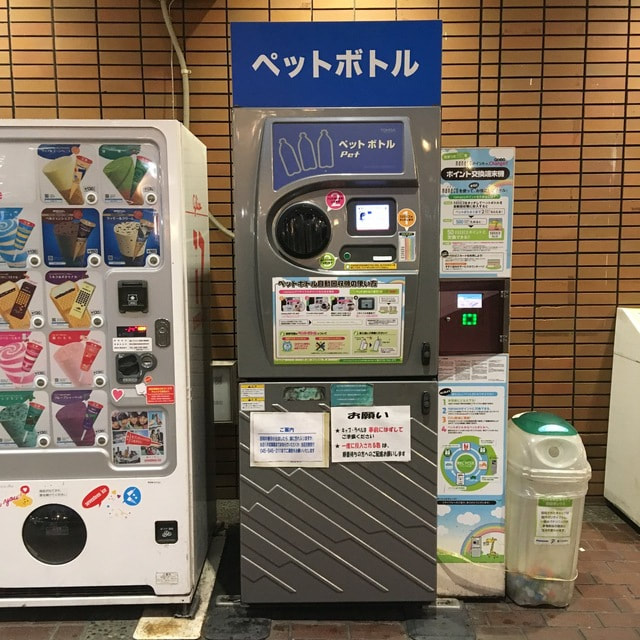
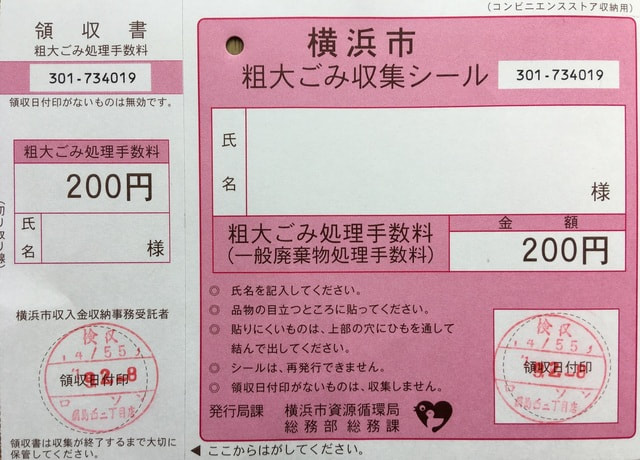

 RSS Feed
RSS Feed
